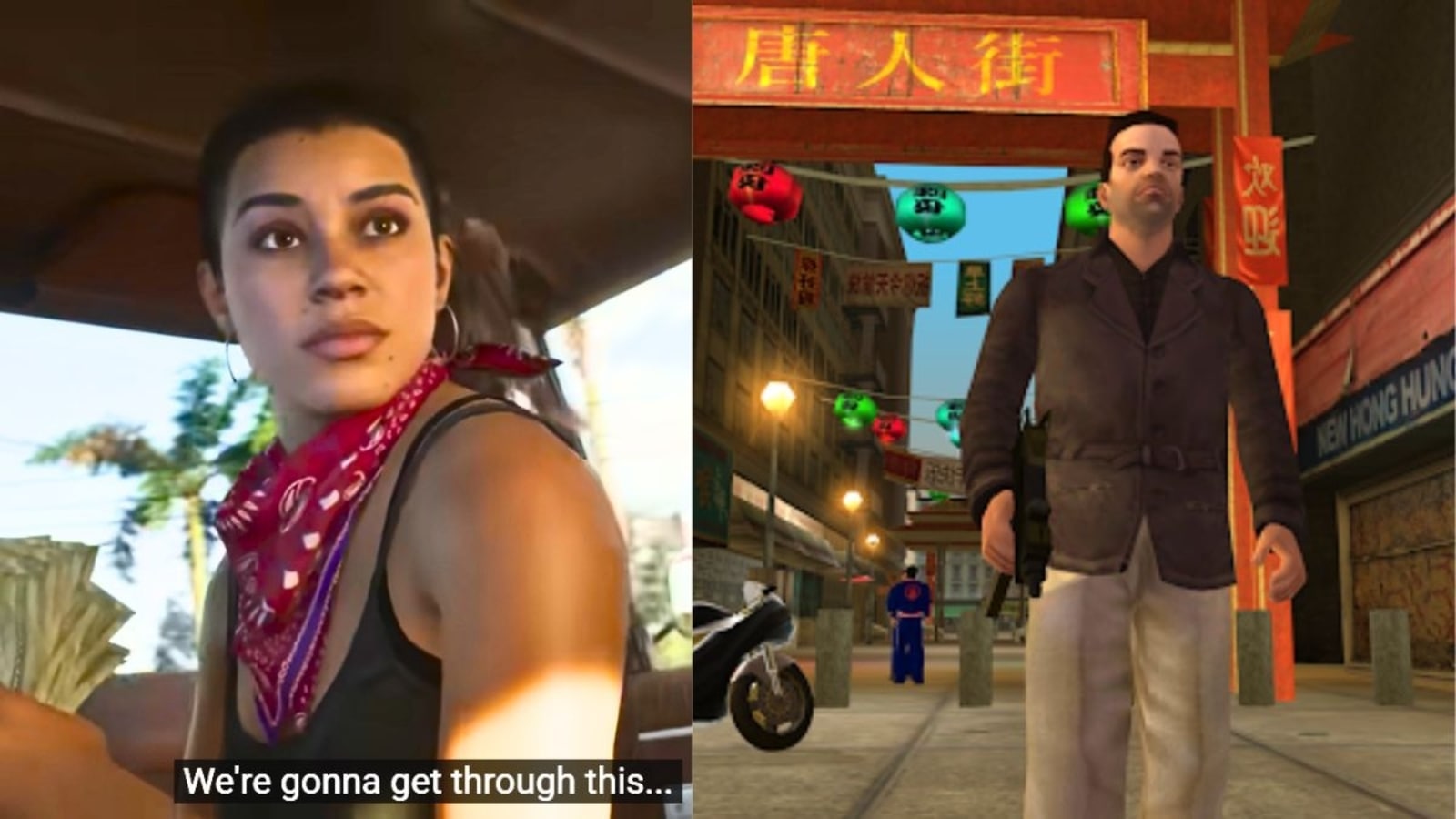Nearly 20 years ago, when Sleater-Kinney released its towering seventh album, “The Woods,” there was a convincing case to be made that the trio was the most vital, and underrated, working American rock band.
Born of the fervent feminist spirit of the riot grrrl movement and the Pacific Northwest’s fertile D.I.Y. scene, the group spent the second half of the ’90s releasing increasingly sophisticated punk albums and eventually, on its righteous 2002 release “One Beat,” maturing into one of the few indie-rock bands making meaningful protest music in the aftermath of 9/11.
On “The Woods,” Sleater-Kinney managed to kick things into an even higher gear. The twitchy electricity of Carrie Brownstein’s guitar, the embodied howl of Corin Tucker’s vocals and the earth-quaking force of Janet Weiss’s drums collided in a glorious cacophony, making noise that sounded less like songs than melodic thunderstorms.
There are dim echoes of that fury on “Little Rope,” Sleater-Kinney’s 11th album and its second since Weiss’s departure in 2019. The new LP has more oomph and darkness than the band’s self-produced 2021 LP “Path of Wellness” and more emotional resonance than its mechanical 2019 effort “The Center Won’t Hold.” But even in its wildest moments, when compared to the band’s mightiest work, “Little Rope” sounds unfortunately diminished and curiously restrained.
Many of these songs are dispatches from the throes of sudden grief: While writing the album, Brownstein’s mother and stepfather were killed in a car accident during a vacation in Italy. The guitarist and singer conveys the numbness that followed on tracks like the mid-tempo mirror-pep-talk “Dress Yourself” (“Get up, girl, and dress yourself/The clothes you love for a world you hate”) and, even more effectively, the jaunty “Don’t Feel Right.” “I get up, make a list,” Brownstein sings in her yelpy lilt, “what I’ll do once I’m fixed.” Her own spiky guitar riff leads her out of her stupor, like an energetic dog barking its depressed owner out of bed.
Tucker, the more primal singer of the two, exorcises deeper emotions when she sings lead, as on the eerie and affecting leadoff track “Hell.” Brownstein often relies on clipped enunciation and clever wordplay, but here Tucker shows the rippling feeling she can pack into a single bellowed word: “Whhhhhyyyy?”
When Sleater-Kinney is at its best, Tucker and Brownstein’s contrasting voices and musical personalities reinforce one another: Consider the overlapping vocals and complexly braided harmonies that provide the sturdy backbone of the band’s 1999 album “The Hot Rock.” That back-and-forth exchange is largely absent from “Little Rope” — somewhat surprisingly, given that the band is now a duo. Here, Brownstein and Tucker don’t seem as much in dialogue, which gives many of these songs a one-dimensionality.
Weiss’s absence, though, is the most obvious lack. Some bands can drop or swap a drummer without much altering its sound, but Sleater-Kinney is not one of those bands, and Weiss is not one of those drummers. (The percussion on “Little Rope” is credited to both the band’s touring drummer Angie Boylan and the album’s producer, John Congleton, working with Sleater-Kinney for the first time.) Weiss’s style in Sleater-Kinney was as muscular as it was agile, grounding the band’s sound while leading its charge. By contrast, the tempos of many of these newer songs feel relatively lethargic, the tracks made flimsy by their lack of low-end bombast. This is most evident on the sleepy “Crusader,” an ostensible rebuttal to recent moral panic that lacks — in large part because of its tinny percussion — urgency and bite.
Ultimately, Brownstein and Tucker sound caught between their storied past and a more wide-open future. It’s telling that one of the best songs on the album, the sleek, soulfully sung “Say It Like You Mean It,” is the one that sounds least like a Sleater-Kinney song: It’s a relatively straightforward synth-pop number that Tucker imbues with a pearly pathos. Weiss left the band as Brownstein and Tucker were making moves to take it in a poppier direction, but their pop sensibility has been blunted by interruptions of dissonance attempting to evoke Sleater-Kinney’s past. They’re certainly out of the woods by now, but they sound unsure of where to venture next.
Sleater-Kinney
“Little Rope”
(Loma Vista)























